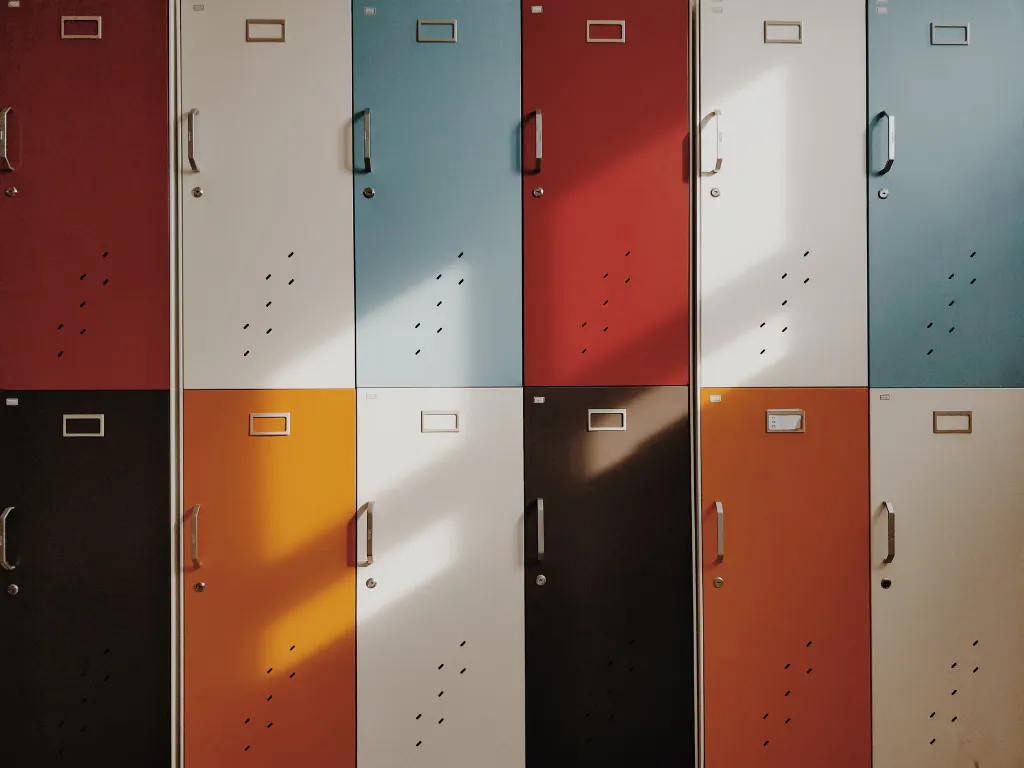Arriving in the US at 8 years old, Luisa Parra had to hit the ground running in a school system she didn't know and a language she didn't speak. A few years later, and about to graduate with a degree in Accounting from a private university, she shares the lessons she learned on her journey.
Luisa’s first day of school in the US was also the very first time she had entered a US school. "I walked in, and they introduced me to the teacher. And so my mom said, 'Okay, stay.' I remember looking at my mom, so frightened, feeling betrayed."
Then the teacher walked Luisa to a classroom. "She asked me where I was from. When I said Venezuela, she asked the class if anybody knew where that was. A kid replied, and she asked me, 'Is that right?' I didn't know what was going on. It was horrible."
That first traumatic experience did not discourage her. On the contrary, it motivated her to learn the language and master the US education system. Luisa shared with us are some of the things she learned along the way.

Trust the school system
"They know what they're doing. They really are here to help you. And don't put a barrier for yourself before you get there. They're going to help you. I look back at it now and realize I was so silly to think that I would never learn the language, especially seeing where I am now. I'm at university getting ready to graduate and start a career. Just trust the school system. They have all the tools to help you, and if you put a positive outlook, you can do it."
Don't stress your kids
"Don't stress your kid out on the grades and stuff, just get them acquainted with the school. Honestly, it doesn't take that long, especially for younger kids. Maybe in high school it's a little different, but in elementary and junior high, they're so young, they get the language fast. Give them time to get accustomed because it's a big change, especially when you're younger. They don't understand the reasoning behind the move [to a new country] or why things are different. So just exercise patience and nurture your kid. Let the school do the teaching."

Find support in your fellow students
"Coming in as an immigrant, ask about it. How can students help? Not really a mentor, but just a buddy to help you get through it. I created a lot of friendships with students who got here. We would help them out. Every student when they're coming in, they're smart. We're just helping them get acquainted, here are your classes, this is your schedule, this is what we recommend. How to walk from class to class, schedule, grabbing your textbooks, lockers, all that. And a lot of schools have this, especially junior highs and high schools lean on students a lot."
Push for it
"You can look back up to how the US was founded. It was people who moved here because what they had wasn't enough. Moving here and making that sacrifice pushes you more. You weren't born here, you have to fight for it. Whether the fight was hard or easy, there's still that push of you wanting it. Push yourself and be uncomfortable. You're not going to grow if you're not uncomfortable. You come here for the American dream."

Get involved
"Let's say you just moved here, you know no one. Start academically, join an academic club. If you're studying accounting, join the Accounting Society. You're studying psychology, join the Psychology Society. There you meet people and can later take those friendships out in the world. And then the university always sends out emails. Read your emails. I cannot emphasize that enough. In those emails, you will find volunteer opportunities, friendships, and people with similar interests."
Apply to many universities
"So first you have all the tests you have to take. If you're coming internationally, you have to take a test just for them to know that you know the language. I always recommend applying to way more schools than you want. Also apply to schools that maybe aren't your top choice, because it's a numbers game. The more you apply, the more chances you have. Universities here want that diversity. I was always thinking, 'I'm not American. They're going to get all the Americans first, and then they'll think of me.' And that's just not the reality."
Knock on the door, push it open, kick it down
"If your family still struggles financially, there are programs where you can get lunch for free and other benefits. [Go to] the university financial aid office. Ask, ask, ask. Don't be scared to ask. The worst that can happen is they say no. That's the struggle for a lot of migrants. They just don't want to push too much. They don't want to get in people's way. Do it, ask, knock on the door, push the door open, kick the door down. Ask, ask, ask, ask."
After her graduation, Luisa plans to work on something related to kids with special needs. She has also applied for internships with nonprofits and wants to hone her accounting and entrepreneur skills. "I would love to find somewhere to give back to the community."

